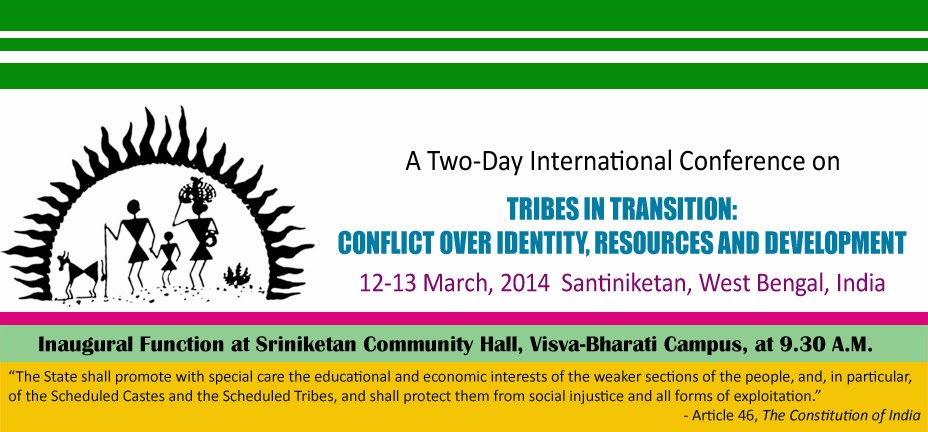TRIBES IN TRANSITION:
CONFLICT OVER IDENTITY, RESOURCES AND DEVELOPMENT
CONFLICT OVER IDENTITY, RESOURCES AND DEVELOPMENT
According to the 2001 Census Report, the indigenous people of India - known as the Scheduled Tribes and also as Adivasis - compose 8.14 per cent of the total population of India. There are 697 tribes notified by the Central Government under Article 342 of the Indian Constitution, with major concentrations of them in the states of Madhya Pradesh, Chattisgarh, Orissa, West Bengal, Jharkhand and Gujarat. According to G.N. Devy in his book, Adivasis: Legal Provisions, Languages, Locations (2004), the criteria for identifying a community as a Scheduled Tribe are as follows:
- Indication of primitive traits
- Distinctive culture
- Geographical isolation
- Shyness of contact with the community at large
- Backwardness
It is worth noting that urban middle-class Indians still views the tribal in terms of the primitive/ civilized dichotomy either as a ferocious and uncouth savage or as a childlike primitive unsullied by the vices of civilization. In the post-Independence period, there has been a great deal of “culture contact” between the tribal people and mainstream society, leading to acculturation, displacement and other related changes among the tribes. This is broadly referred to as “transition”. In recent years, the “tribal in transition” has been the subject of many literary and cinematic representations as well as of many studies conducted by scholars of Subaltern Studies and Cultural Studies.
